Metaphor: ReFantazio might not take place in a school in modern Japan. You might not be playing as a group of school kids somehow saving the day while the adults seem oblivious to it all. It may technically be the first new game from a new studio.
But, to be clear, this is a Persona game through and through, and it’s every bit as good as you would expect from that heritage.
What is really frustrating about reviewing this game is that all the stuff that is worth talking about is buried deep within topics that would get me shouted down for spoiling the experience if I talked about them. What I can say is that it’s both intelligent and narratively rich, but you’re going to need to experience that for yourself.
Metaphor takes place in a medieval fantasy realm that has been designed to “mirror” the modern real world. That’s what the title “metaphor” is talking about and just that theme alone is really quite ingenious.
One of the great things about fantasy is that works in the genre are really quite ridiculous and over the top, but with the way it’s written it becomes normalised and enjoyable for that same reason. The story exists in a world of big magic and by nature the impossible happens frequently. From zombie armies in Game of Thrones to battling dragons in space in Final Fantasy, we find the ridiculous qualities of fantasy to be totally natural to the setting.
What does that mean to Metaphor? Well, by locating the story in a fantasy universe the developers were free to really amp the rhetoric up in a way that in a more natural setting would be dismissed as ridiculous, even if it was an observation on real things that happen in the world.
Take for example racism (or, more accurately, xenophobia). We live at a time where xenophobia is particularly virulent in most societies in the world, but it’s also something that people very easily overlook, excuse and diminish.
However, to make racism a central theme in something like Persona, the excessive focus that would have been put on depictions of xenophobia would have broken with the subtlety that it usually presents in modern society, and therefore undermine its potency as a theme. Some would laugh at it. Some would react negatively to it (and boy would they be noisy about how “woke” it is). Others would simply dismiss it as being laboured writing because, in a “real world” setting the xenophobia tends to be more subtle.
With Metaphor’s fantasy universe, however, the developers were free to hammer home the theme with a sledgehammer. Sure there will be some that inevitably find the game “preachy” or just too “woke” for their tastes, but the majority of players are going to take this in stride and, importantly, actually pay attention to it, because it’s core to the plot and the fantasy universe and lore is built around it.
As Orson Scott Card (a science fiction writer, and therefore within a genre that benefits from metaphoric parallels to reality in the same way that fantasy does) is quoted for: “Metaphors have a way of holding the most truth in the least space.” This very much applies to Metaphor – it is a game that efficiently shares its key themes through this technique. It’s not a short game by any means, but it does have a lot to say, so that efficiency is most welcome.
Xenophobia isn’t the only theme this game canvasses within its “metaphor” scope. It’s the most prominent up front, but it doesn’t take long for more to become apparent, and with every new chapter of the story the developers seem to introduce new things to discuss. For another early example, you’ll realise soon enough that many of the game’s biggest and toughest monsters are called “humans,” (and these are based on the paintings of Hieronymus Bosch) and there’s obviously something to calling violent horrors that (though the full meaning of that comes with time). And so on and so forth. Metaphor is a game I’ll probably end up replaying (when I find a massive chunk of time for it) because it’s really quite layered and I get the feeling that I probably missed some stuff on my first play through while I was concentrating on other narrative elements. All in all, it’s nice for the developers to actually respect the intelligence of players, because increasingly using symbolic and abstract tools, like metaphors, is “no-go” zones for best practice writing in a world that is increasingly literal and narrow in thought.
Who knows if the developers will actually be rewarded for this, of course. Japanese storytelling does tend to have more metaphor and abstraction layered into it, so it might have been a case of the writers and producers over there taking a bigger risk than they thought, given that this was always going to be a global product and release.
With that being said, even if you don’t find the narrative to be as compelling as you did with the Persona series, Metaphor plays every bit as well as Persona 5 (in particular) did, and has some fun tricks to help improve the experience further.
The bulk of the game remains a turn-based affair, where your characters each take turns to try to exploit enemy weaknesses for bonus turns – just like the broad suite of Atlus JRPGs over the last few decades. However, there are also differences. One small difference here compared to, say, Persona, is that rather than collecting monsters to then channel their power, in this game you’ve got a more conventional class system that you can swap between as you level characters up and invest resources in giving them access to additional classes.
Meanwhile, another difference that does massively help smooth the game along is the addition of action-based combat. If enemies are significantly weaker than you and you hit them with your weapon while exploring the game world, rather than getting a small advantage over them in the subsequent combat, you instantly defeat them and get some experience points for your trouble. This saves so much time in an otherwise incredibly long game by making sure that the only enemies you need to go through the “proper” turn-based combat system with are the ones that are going to challenge your party.
Outside of combat so much of the game is structured in almost exactly the same way Persona 5 was. Dungeons are laid out in much the same way, and are lengthy, meandering affairs that have resting areas placed strategically throughout to help give you a sense of how much further you’ve got to go and a fast travel location to return to on your next attempt to make your way through it.
Similarly, there’s a time clock ticking over your efforts and major objectives need to be met by a certain point. Delving into a dungeon costs you a day, but you can choose to do other things instead, like spending time with companions or helping people out around town. This results in plenty of benefits, such as your character improving critical personal attributes which can have significant rewards down the track, as well as unlocking higher levels of capabilities for your character classes. But if you spend too much time with those activities you won’t have enough time to clear the dungeon, and then it’s game over for you.
While these differences are generally for the good, overall I was actually surprised by just how familiar Metaphor felt to play. There are times when it looks like it wants to be something different, with more open sections, or a stealth minigame thrown in, for just two examples. But if you squint you can easily see these heroes as being in their school uniforms, and these dungeons being a retread of Persona 5’s.
Not that I’m complaining. Persona 5 is a highly memorable game and building on that foundation, rather than trying to do something totally new, is a good idea. I wasn’t sold on the characters quite as solidly as I was with the Persona series, but then that is perhaps a consequence of the game having a more conceptual nature – the characters are much more tools for the themes than entities that we’re meant to connect with.
Metaphor: ReFantazio is, however, gorgeous, looking every bit as great as Persona 5, with the same ultra-slick presentational and a cracking good score. And, just like Persona 5 you’re also looking at a truly lengthy experience – anyone who finishes it with their play clock in two digits has played through it quickly. I feel like the length is better justified in Metaphor because it rally does have a lot to say, but either way, for those for whom game length matters, Metaphor won’t disappoint.
I’m annoyed that I can’t talk about the narrative strengths of Metaphor: ReFantazio. It really does have an exceptional narrative that builds on everything that these developers have learned from their time on Persona, with enough depth of theme that the game should encourage people to analyse it for years to come. You might need a big chunk of time to actually play it, but it is worth it.
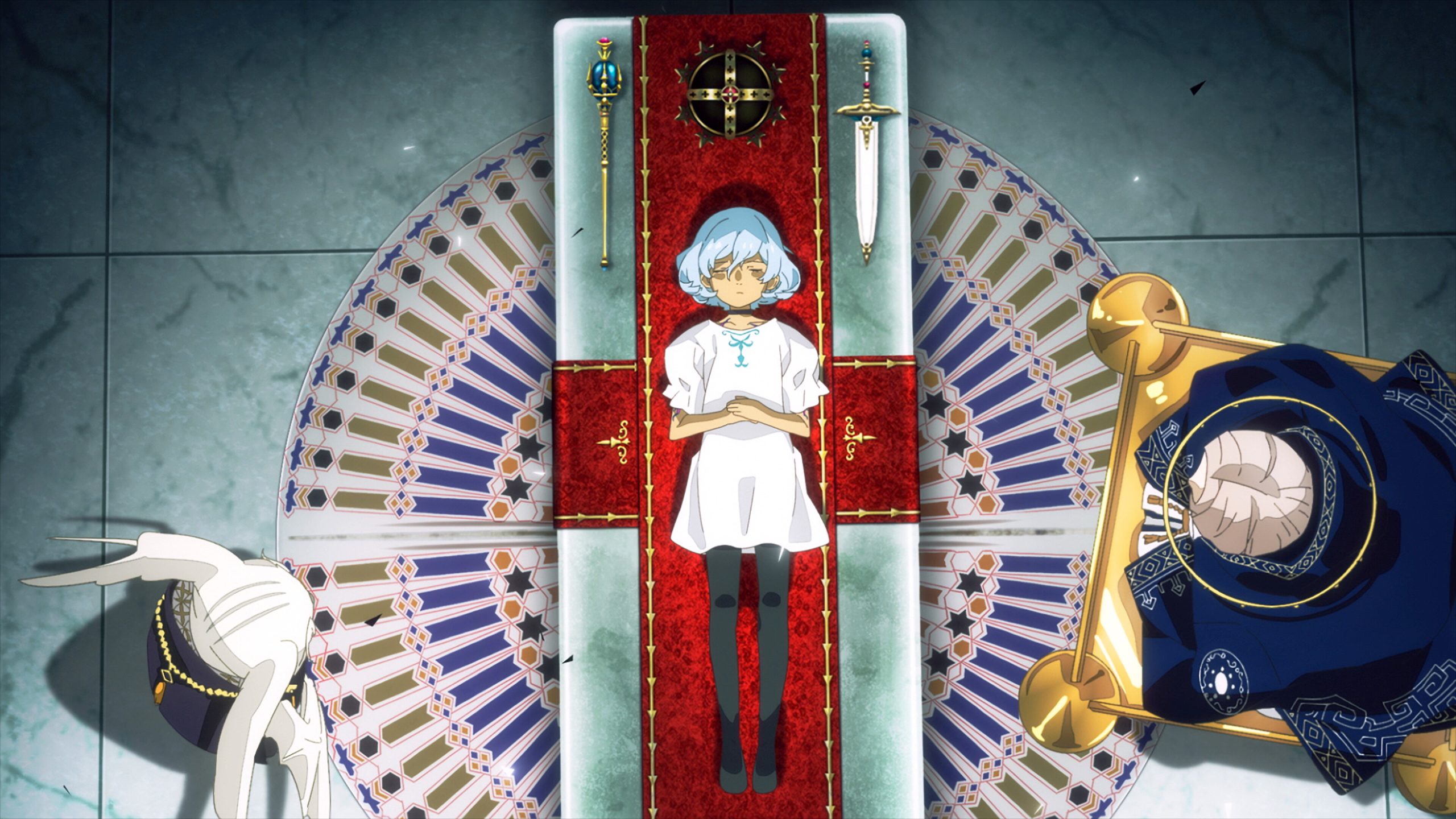

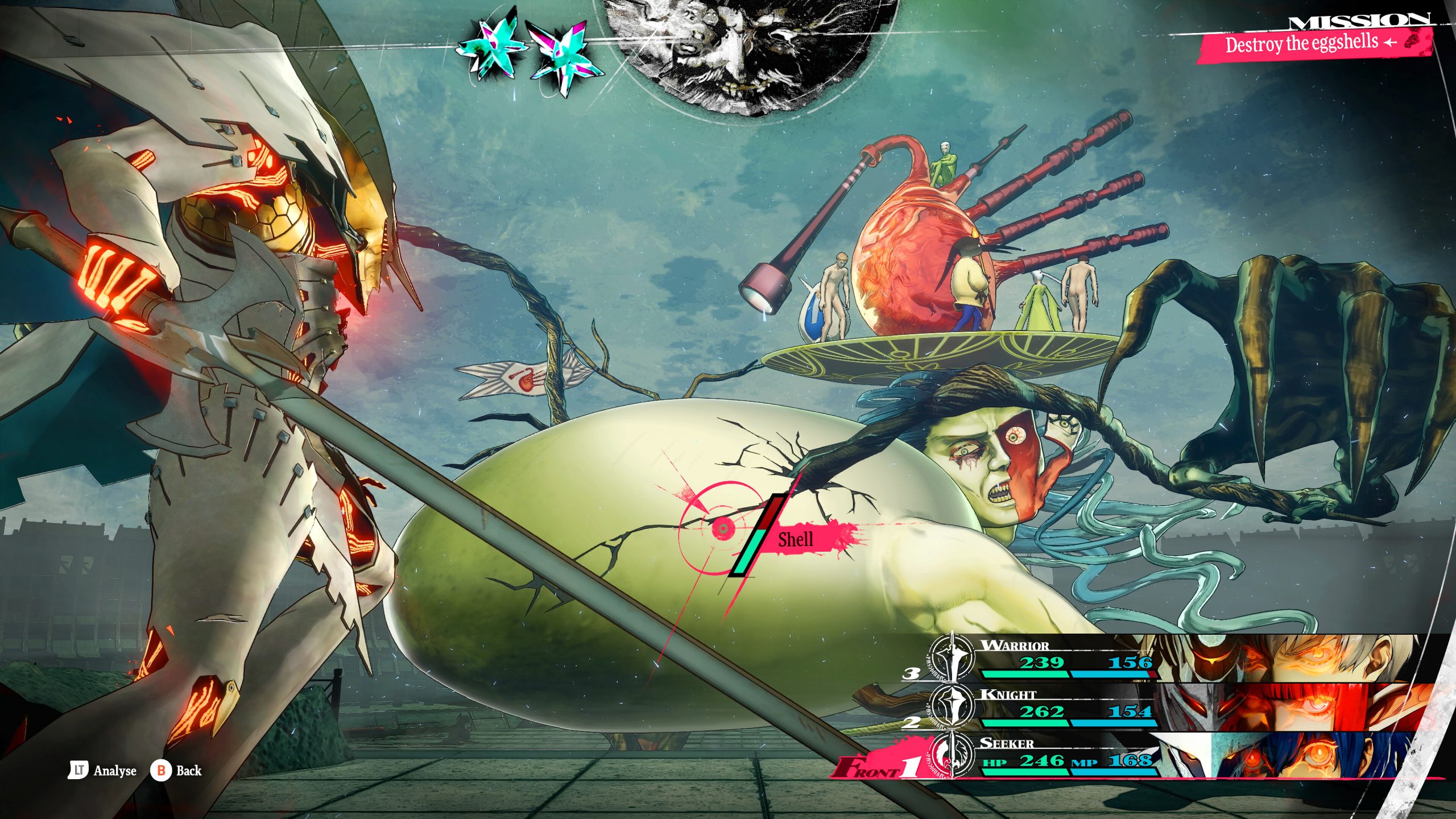
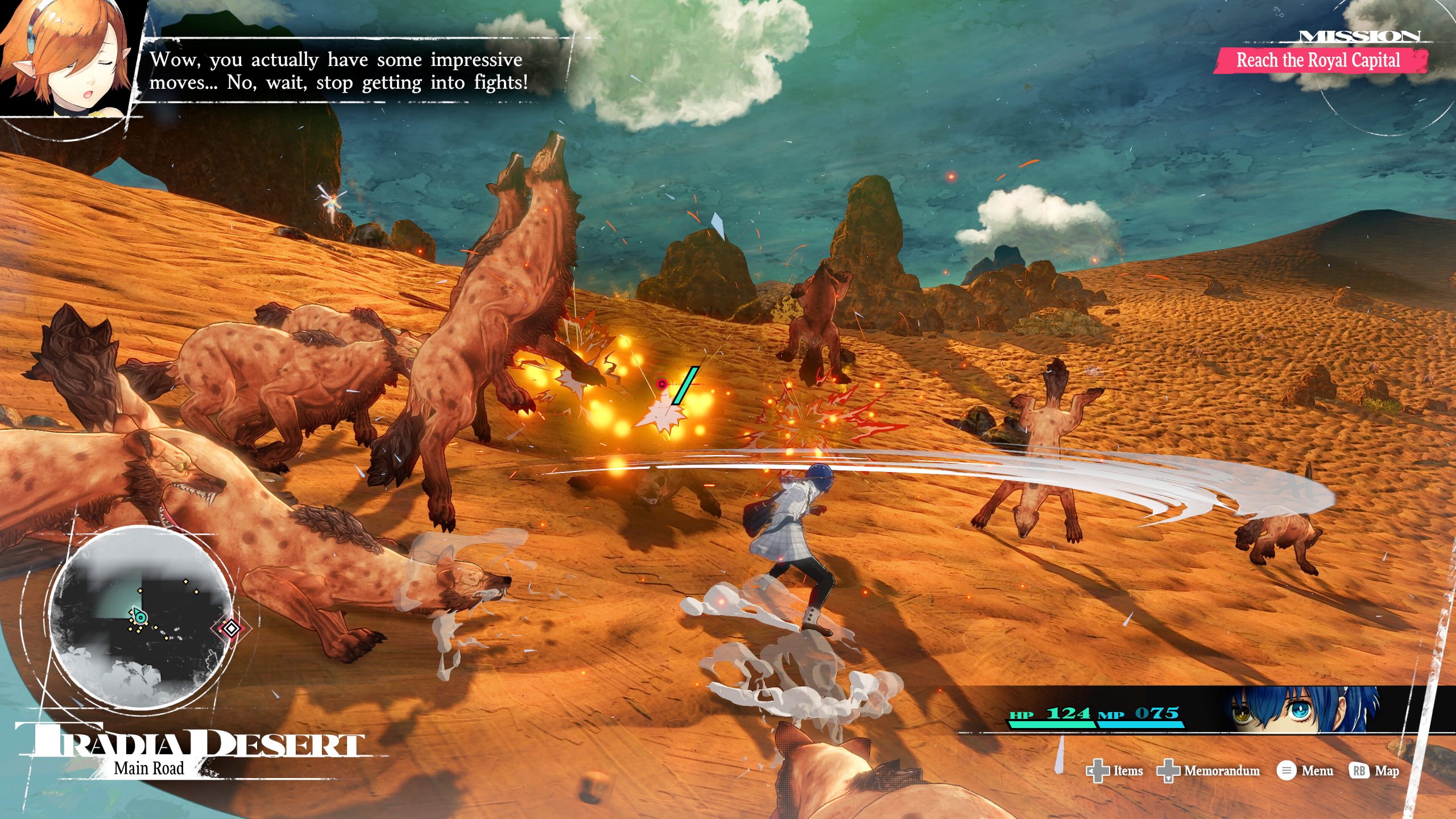
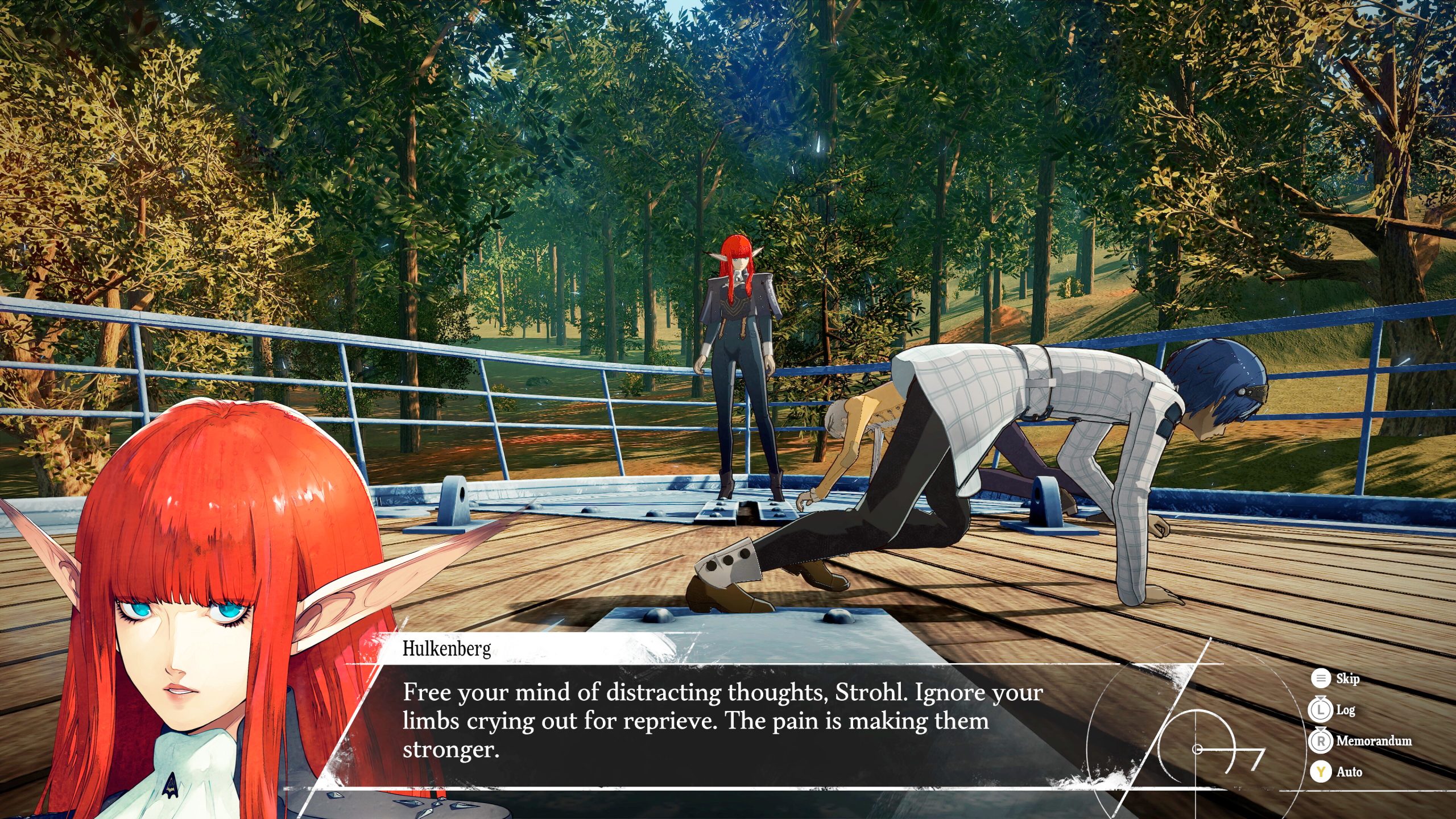
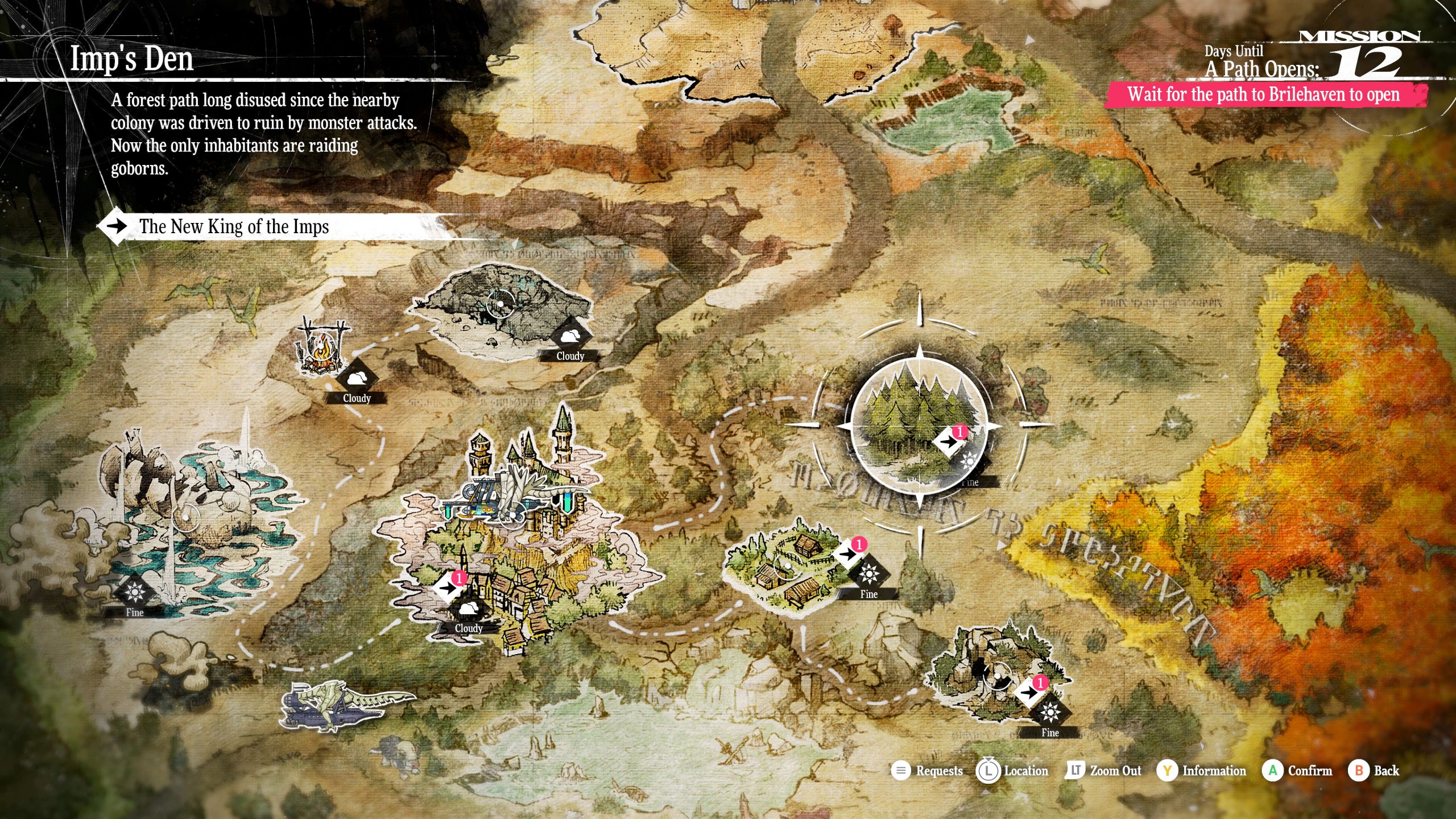
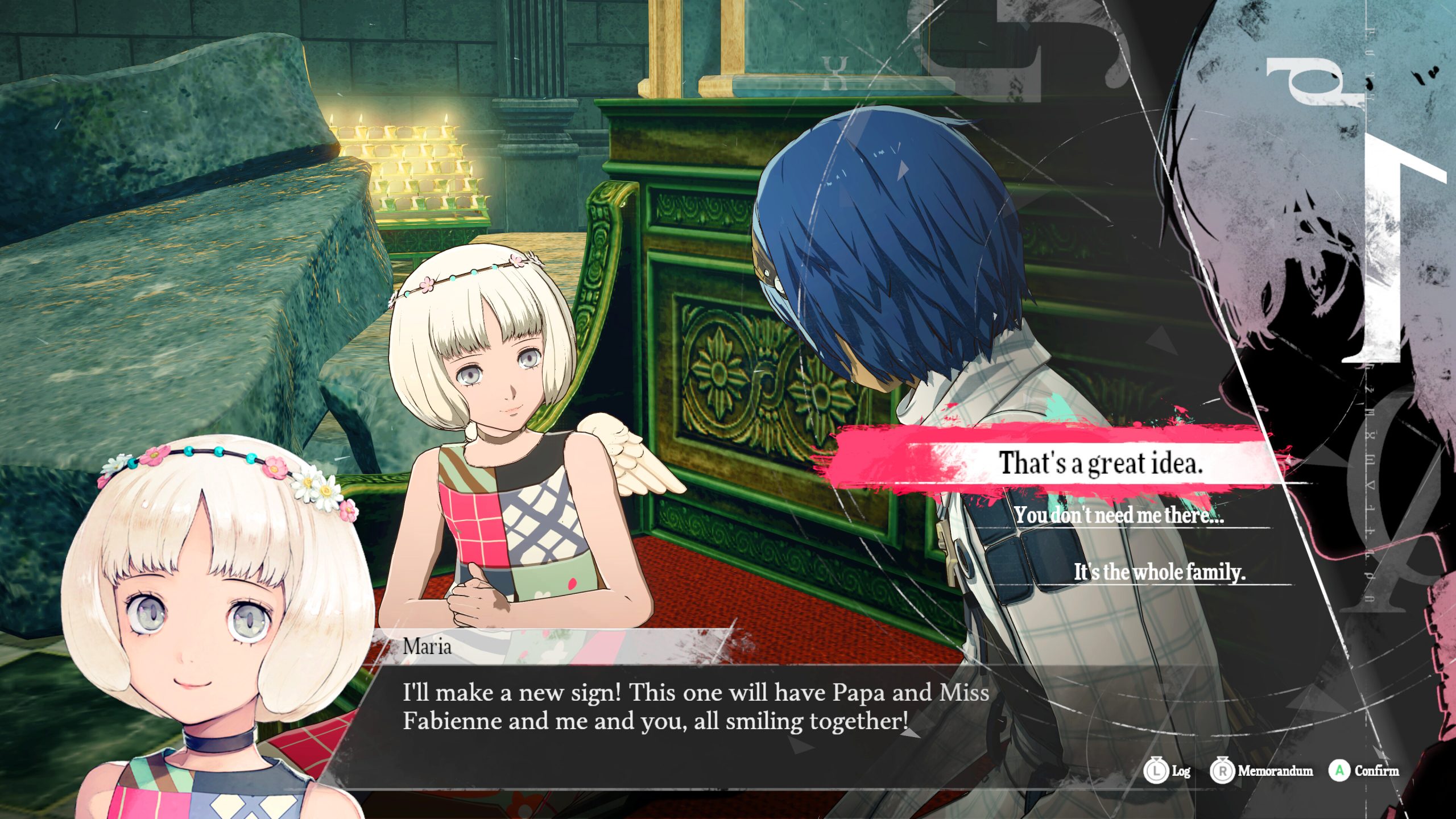
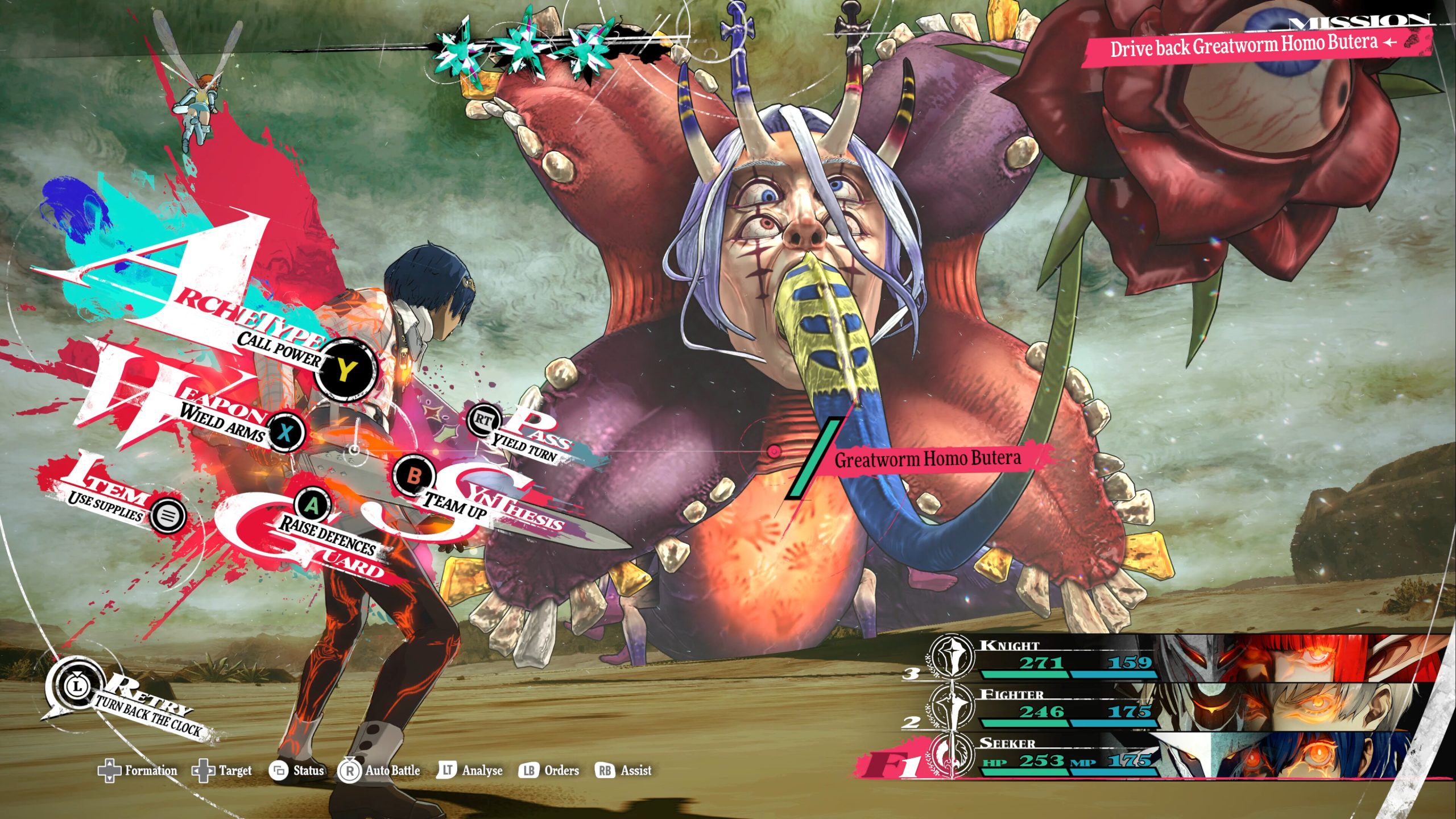

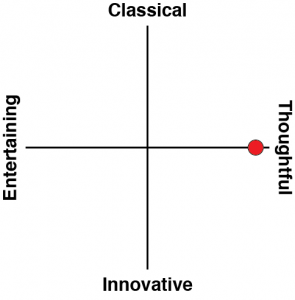
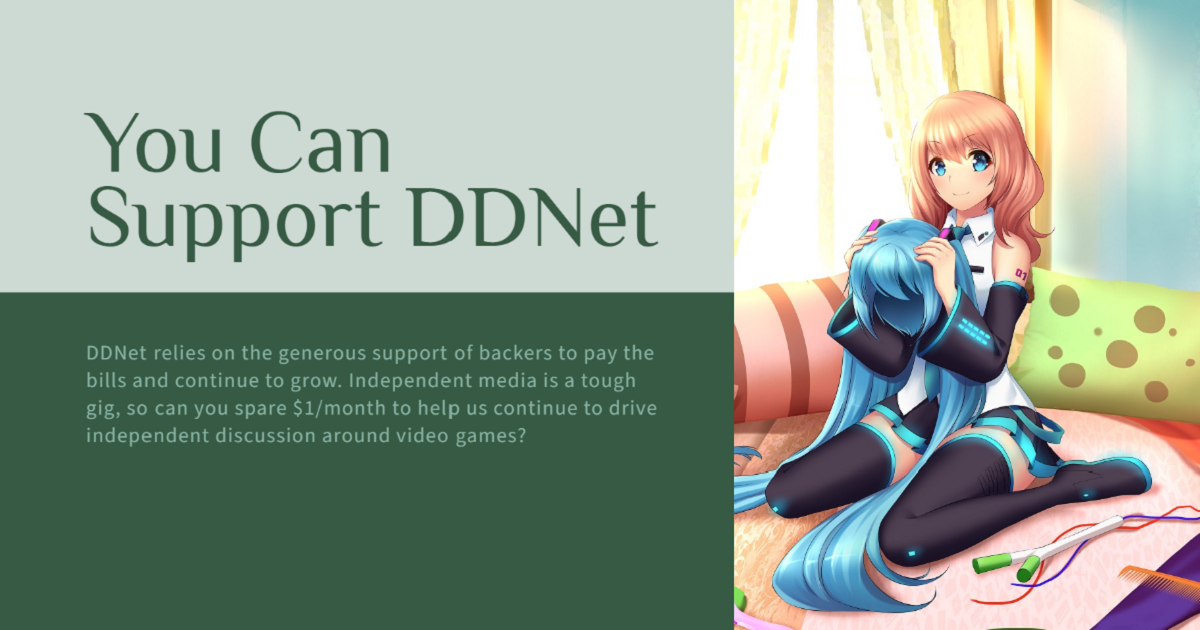





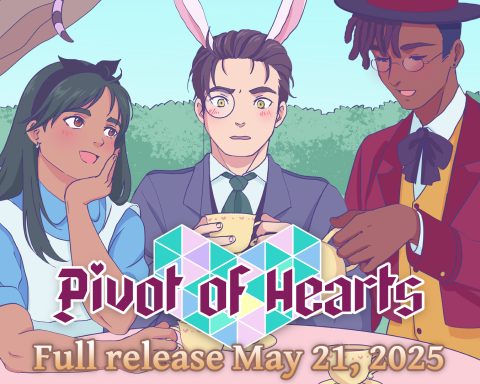
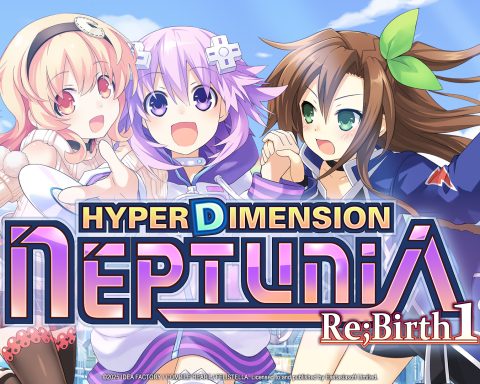
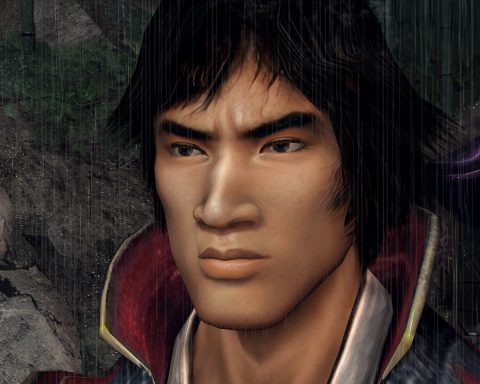

“I’m annoyed that I can’t talk about the narrative strengths of Metaphor: ReFantazio.” I think this would make a great discussion article in December/January. Perfect time of year for it – you’ll be burning up & want to be in air conditioning & I’ll be freezing & trying to wrap myself around the heater!! 😸
I just wanted to ask for some opinions on how the religious themes are handled in this game. I am very interested, but since the topic I’m asking about interests me even more (and since the game asks for a lot of time), I wonder how Metaphor reFantaszio deals with it, and if it does so in a “grown-up” fashion; meaning no easy answers and no “either-or” thinking.
For context, I don’t want to listen to pro- or anti-religious propaganda, for example, and I’m also not interested in “a message”, since if it has a clear message, why not just tell me the message instead of demanding 80 hours in exchange?
Basically, I just want to know if the philosophical and metaphysical aspects of this game are worth delving into, or if they are summarised quite quickly.
And no spoilers, please 😉
Just a hint if it’s done well enough for it to be worthwhile for someone already familiar with various philosophical and scientific arguments around this vast field of debate.
Have you played the Persona and SMT games? Metaphor’s a bit like that with the religious themes. They’re there more out of curiosity than any specific effort to tackle “Christian” themes.
The monster designs inspired by Bosch are a great touch though. You’ll love those.
I did play Persona 5 and LOVED Catherine. Just played the demo of Metaphor and I’m hooked already. Now I just need to find the time…
I hope you’re right about the narrative strengths that you can’t talk about. So far to me (at about 30 hours in) most of it seems really blunt, obvious, and for the most part quite surface level explorations.
I’m not sure it being in a fantasy world excuses that, and its use of metaphor is a lot less subtle than I would have liked, something which perhaps isn’t surprising given they even put metaphor in the title, but it is very much the sledgehammer approach you mentioned in your review (albeit you taking to this approach a lot more than I am).
I don’t hate it by any means, there are interesting ideas in here and things I’d like to see games explore more, I just don’t feel this is doing a great job of it so far. So I hope it develops in interesting ways.
Either way, I love the gameplay and quite like the characters, so I’m sure I’ll see it through.